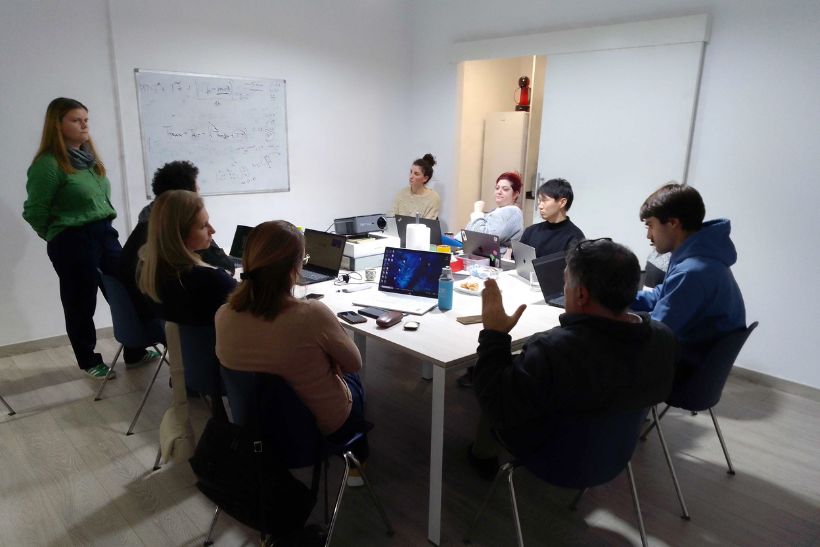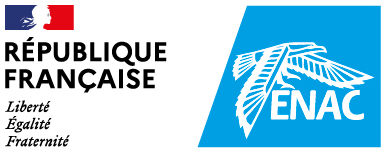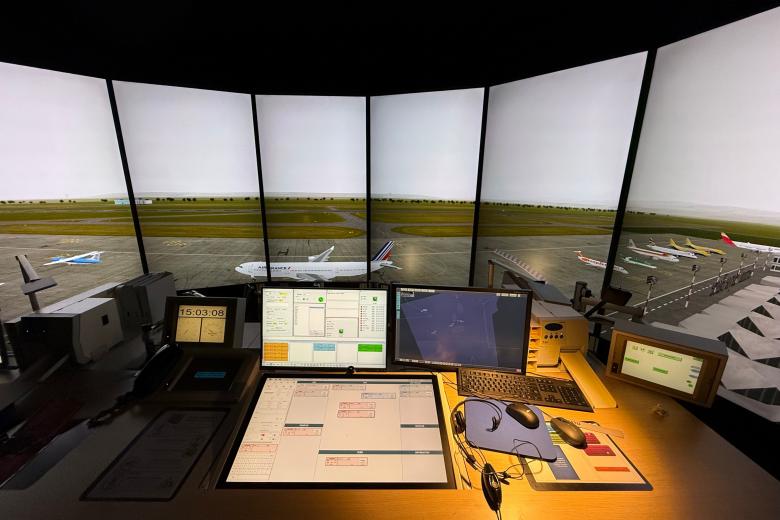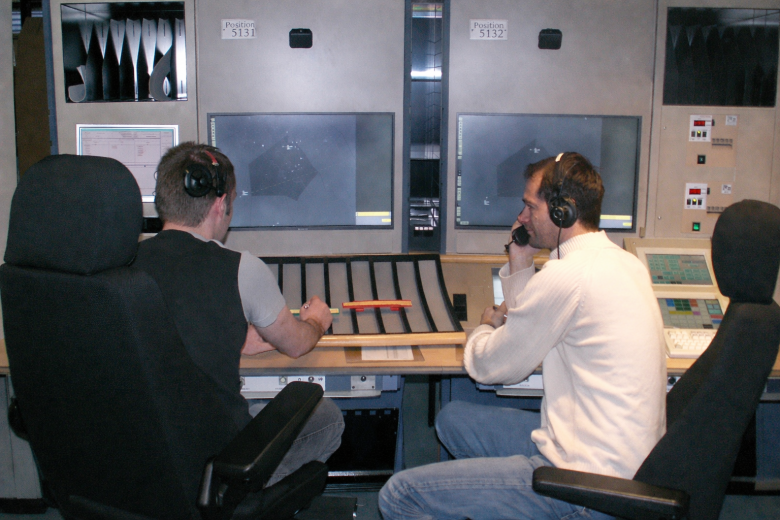
We’re excited to share highlights from our recent technical meeting held on December 2-3, in Barcelona, where teams from ENAC, Universitat Politècnica de Catalunya / Sparsity and Faculty of Transport and Traffic Engineering - University of Belgrade collaborated on critical advancements in multimodal transport systems.
Day 1: Connectivity
- How can we measure connectivity between transport stakeholders at hub airports?
- Refining synchronization metrics to help Transport Service Providers (TSPs) improve passenger flow,
- Visualizing connectivity insights on the SIGN-AIR platform.
Day 2: Disruption Management
- Defining project use cases to manage disruptions across transport modes,
- Focus on detecting delays (e.g., late trains) and assessing their impact on flights and passengers.
🔜 Next steps
- Demo of a synchronization module
- Participation in the SESAR JU Annual Conference 2025
About SIGN-AIR
SIGN-AIR aims to make multimodal travel seamless by enabling Transport Service Providers -airports, airlines, and rail operators- to share data through Data Sharing Agreements and Smart Contracts. The project focuses on schedule synchronization, single ticketing, and disruption management to achieve 4-hour door-to-door journeys while minimizing CO₂ emissions.
By studying the impacts of current and future mobility systems, SIGN-AIR promotes sustainable, efficient, and equitable transportation solutions.










